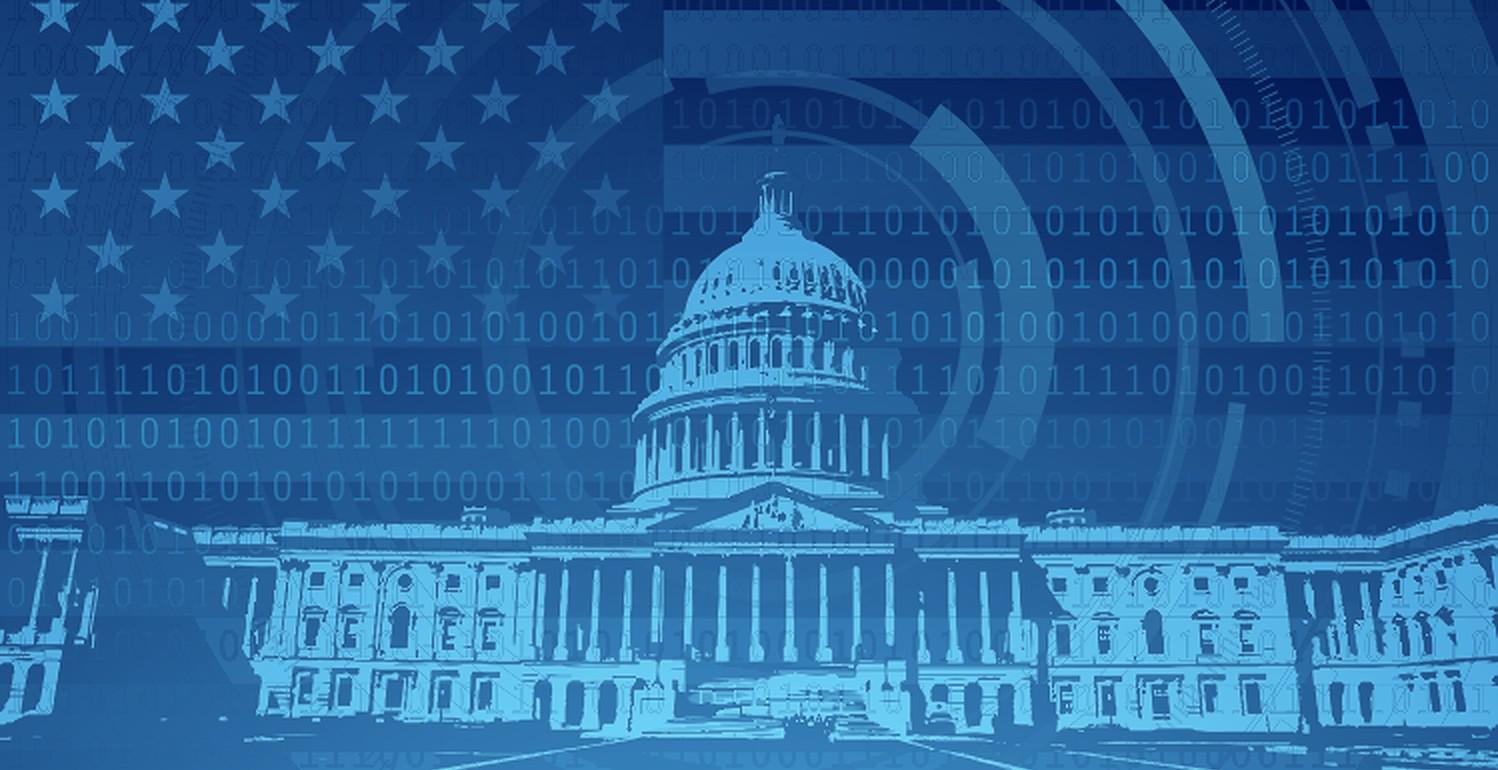The Carnegie Technology and International Affairs Program (TIA) helps governments and industries reduce large-scale international risks of new technologies and related services. Recognizing that commercial actors control many of the most germane technologies, TIA identifies best practices and incentives that can motivate industry stakeholders to pursue growth by enhancing rather than undermining international relations.
TIA’s work informs and is informed by direct dialogues among thought-leaders, senior officials, and executives in key countries. We share the data, insights, and policy recommendations that result in reports, commentaries, and web tools. Carnegie’s regional centers and networks in the United States, China, Europe, India, and Russia provide a widely respected international platform for promoting our policy proposals.

The universal adoption of cloud-centric operating models is bringing enormous benefits to every sector of the global economy, yet the ubiquity of dependence on common technologies and service providers also creates a new potential for systemic risk.

The Central African Republic faces many challenges in adopting digital financial solutions, but it can learn from other post-conflict countries and improve its approach.

Researchers, policymakers, and civil society groups need to come together to clarify among themselves and for platforms what type of information would be most helpful to protect the public interest and what framework could ensure this information is feasible for platforms to provide.

Despite its authoritarian origins, the draft offers lessons for building a truly democratic framework.

America’s AI policy has been—and likely will remain—a mosaic of individual agency approaches and narrow legislation rather than a centralized strategy.

The Ukraine war has exposed profound differences in the Russian and U.S. approaches to offensive cyber operations. This can be seen in every aspect from the aims they have set to how they approach collateral damage and blowback.
Aubra Anthony is a senior fellow in the Technology and International Affairs Program at Carnegie, where she researches the human impacts of digital technology, specifically in emerging markets.
Jon Bateman is a senior fellow in the Technology and International Affairs Program at the Carnegie Endowment for International Peace.
Chris Beall is a senior fellow at the Carnegie Endowment for International Peace where he leads a multistakeholder crisis response network bringing together civil society, government, and industry partners working to protect the integrity of Ukraine’s information environment.
Vishnu Kannan is special assistant to the president at the Carnegie Endowment for International Peace.
Levite was the principal deputy director general for policy at the Israeli Atomic Energy Commission from 2002 to 2007.
Dr. Tim Maurer is a senior fellow in Carnegie’s Technology and International Affairs program.
Arthur Nelson is deputy director of Carnegie’s Technology and International Affairs Program.
Matt O’Shaughnessy is a visiting fellow in the Technology and International Affairs Program at the Carnegie Endowment for International Peace, where he applies his technical background in machine learning to research on the geopolitics and global governance of technology.
Pawlak is a visiting scholar at Carnegie Europe. His fields of expertise are global governance of cyberspace, the impact of technology on foreign and security policy, and the EU’s cyber and digital diplomacy.
Perkovich works primarily on nuclear strategy and nonproliferation issues; cyberconflict; and new approaches to international public-private management of strategic technologies.
Nanjira Sambuli is a fellow in the Technology and International Affairs Program.
Alicia Wanless is the director of the Partnership for Countering Influence Operations.
Gavin Wilde is a senior fellow in the Technology and International Affairs Program at the Carnegie Endowment for International Peace, where he applies his expertise on Russia and information warfare to examine the strategic challenges posed by cyber and influence operations, propaganda, and emerging technologies.
Tong Zhao is a senior fellow in Carnegie’s Nuclear Policy Program.
Jonathan Zittrain is a nonresident scholar in the Technology and International Affairs Program at the Carnegie Endowment for International Peace.